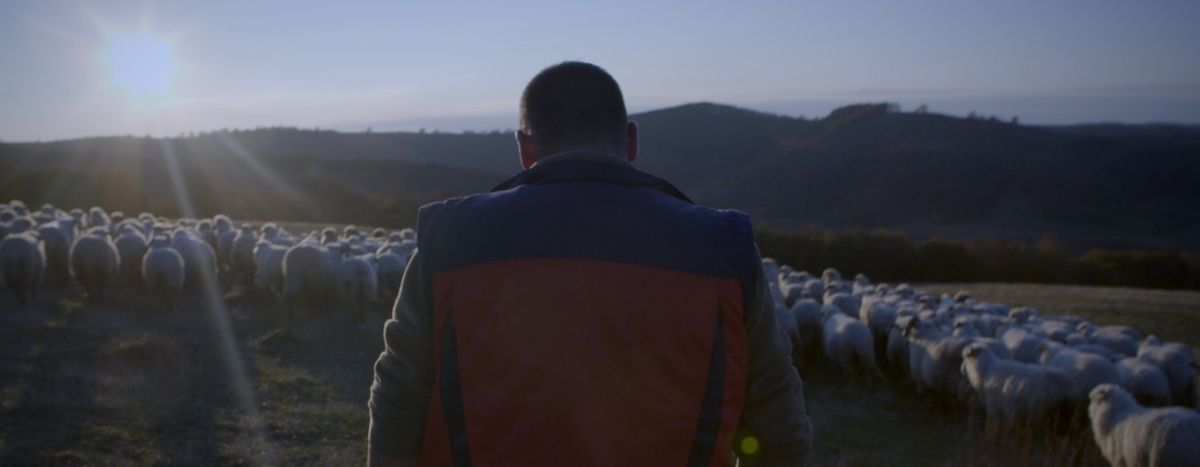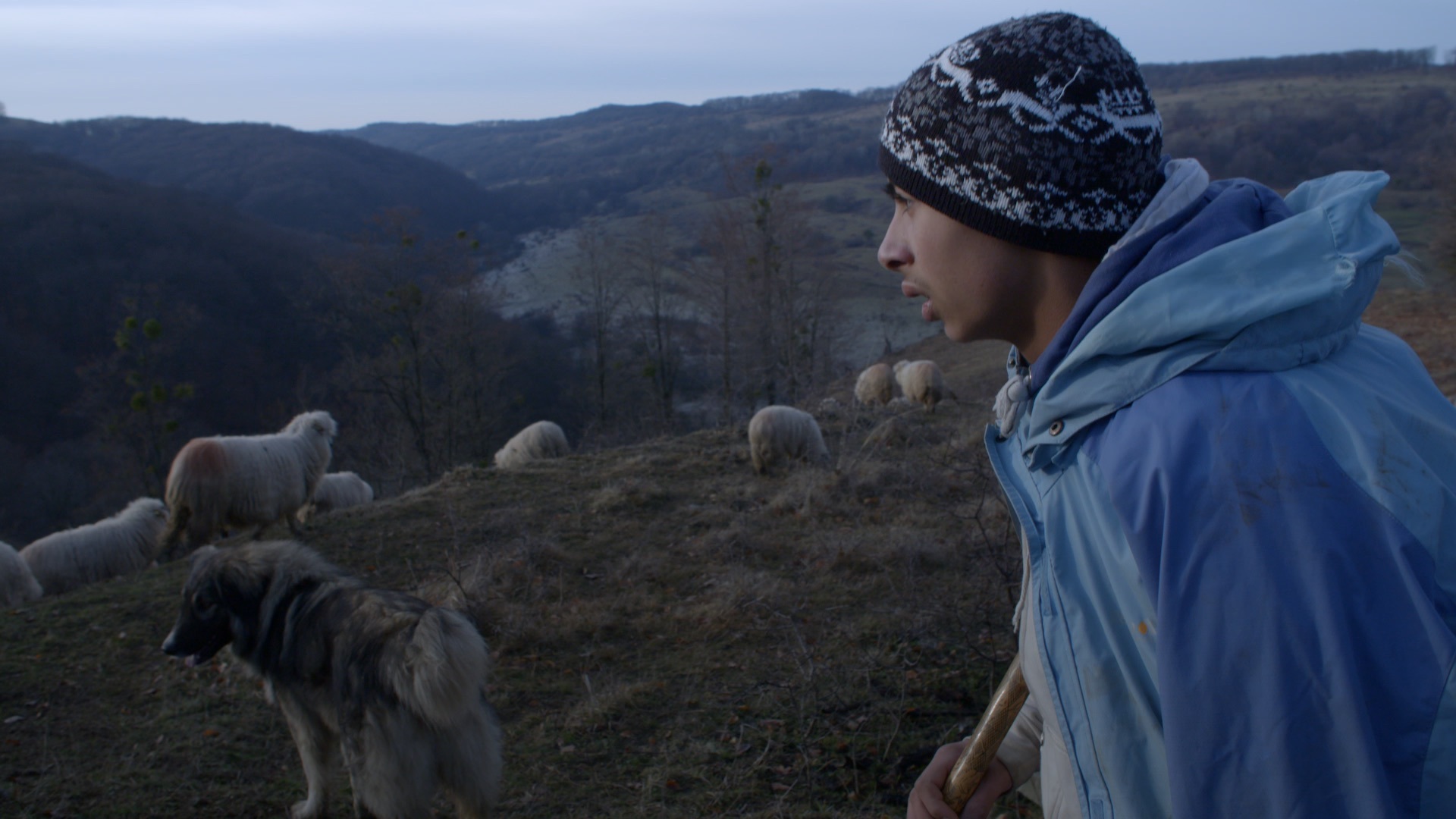
'Those who stay': the other side of Romania's seasonal migrations
Published on
Translation by:
 Dalila Neri
Dalila Neri
Released in 2019, the documentary 'Those Who Stay' follows the stories of families living in Mâlăncrav, a village in the heart of Romania, which is known for the large number of inhabitants that leave for Western Europe each year to work short-term contracts. Rather than following the migrants themselves, the film explores how these seasonal, precarious working practices affect the population that remains.
While most young Europeans of his age get up in the morning to go to high school, Andrei wakes up at dawn to tend a flock of around a hundred sheep. He enjoys "herding them up", by which he means guiding the local farmers' animals to graze on higher ground. He plans to stay here, in Mâlăncrav. He'll buy a flock all for himself when he gets older. But Andrei's dreams disguise another reality. When he comes home, the boy of barely fifteen has to prepare his dinner and finish his day alone. His mother, Natalia, had no choice but to leave the factory where she was an employee, 40 km from their village, to go and work for three months in Austria, across the border. Only then, when the contract ends, will she return home.
"I'm doing this for you, you know"
More and more inhabitants of Romania's villages are, like Natalia, deciding to give up their daily routines to go and work in Germany, Austria or even Belgium as seasonal workers. The jobs they undertake are usually precarious, poorly paid and highly disruptive to domestic life. Nevertheless, many villagers, keen to enjoy a level of consumption akin to that which might be found in the major European capitals, quickly find themselves stuck in this situation.
According to the IBSA (Brussels Institute for Statistics and analysis) Romanians make up the second highest percentage of migrants in Brussels (9%) after French people, who represent over 20%. Chris Bottermann, spokesperson for the country's agricultural sector, confirms that there are nearly 45,000 Romanian seasonal workers registered in the horticultural field throughout Belgium, most of them in Flanders. Other migrants, who can often be found working jobs in the tertiary sector, tend to come from very different backgrounds. In 'Those Who Stay,' Anne Schiltz and Charlotte Grégoire aimed to depict the consequences of this very specific kind of migration, away from villages. After studying a selection of families from a scientific point of view for many months, the two anthropologists embarked on a cinematic collaboration to document their findings. "We decided to leave all the work abroad and the comings and goings out of the film entirely," says Charlotte, "we wanted to examine the other side of the mirror in depth."
Read also: "Oleg": A harrowing portrait of modern slavery in Belgium
In 2015 the two researchers and producers began to look in detail at the issue of seasonal migration in Romania, the country in which they first met. This phenomenon began in the 1990s and greatly intensified when the nation joined the EU. "In each family at least one person, or even two in this village [Mâlăncrav] leaves for Germany to work seasonal jobs."
From anthropological study to documentary film
Accompanied by a cameraman and a fixer, the two directors chose to focus on the daily lives of the families of people that had taken the choice to cross borders for a few weeks or months, to work as caregivers or agricultural labourers. Alongside Andrei, the viewer learns the story of Alina, a young mother of two boys who has to juggle her maternal role and her responsibilities on the family farm while her husband is away working in Germany.

Emigration isn't just an issue that concerns Mâlăncrav, it's a key question for the entire Transylvania region, and the nation as a whole. In Romania, all social circles and classes, from academics to industrial workers to farmers, are affected by the phenomenon. Traditionally, Romania's economy was based on agriculture, but today fewer and fewer inhabitants can afford to live this way. Many aspire to a "metropolitan" way of life, and farming has been strongly affected as a result.
Yet those embarking on these intermittent, seasonal voyages aren't aiming to change their lives in this way. As Anne and Charlotte explain, the residents do not wish to leave their villages behind entirely, yet the phenomenon nevertheless disturbs the precarious balance of family life. "They don't have much choice but to do what they do, and a life really is waiting for them at home." By focusing on everyday things, from chores and changing family duties, to intimate moments of doubt and insecurity, 'Those who stay' invites the viewer to share in the daily lives of the men, women and children who are living these kinds of long distance relationship.
This documentary was broadcast at the Millenium festival in Brussels from 16-25 October. Anne and Charlotte have previously won an award for best director at Romania's 2019 Astra Film Festival.
Watch the trailer for the movie here(RO/FR only)
Translated from « Ceux qui restent » : le revers des migrations temporaires en Roumanie


